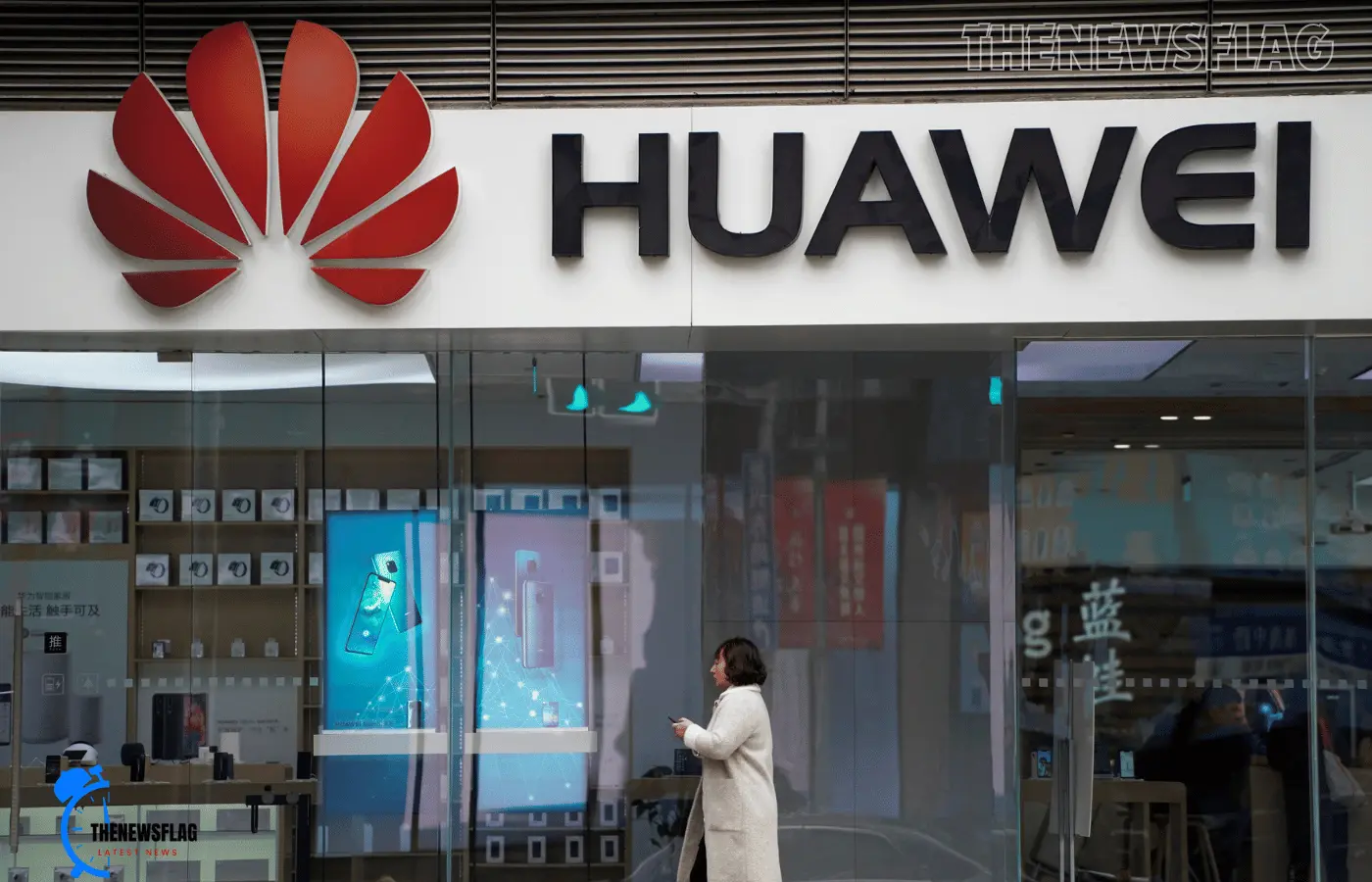US President Joe Biden has long been under pressure to revoke a license that allows Intel to ship advanced central processors to Huawei.
Intel has survived an effort to halt hundreds of millions of dollars’ worth of chip sales to Huawei, two people familiar with the matter said, giving one of the world’s largest chipmakers more time to sell to the heavily sanctioned Chinese telecoms company.
The push came from Intel rival Advanced Micro Devices, which argued it was unfair that it did not receive a license to sell similar chips to Huawei and from China hawks, who are seeking to stop all sales to the Chinese firm.
Intel’s ability to hang on to a license to sell chips while a rival could not obtain similar permission demonstrates the uneven and uncertain terrain companies face as the U.S. seeks to limit Beijing’s access to sophisticated American technology, especially to a heavily sanctioned company like Huawei.
It has also allowed Huawei to keep a small but growing share of the global laptop market, while AMD was deprived of hundreds of millions of dollars’ worth of sales to the Chinese sanctioned firm, data showed.
“The majority of the CPUs used in Huawei’s laptops is still from Intel, so any further limitation on it would make Huawei’s laptop offering quite challenging,” said Emma Xu, an analyst with technology market research firm Canalys.
Intel, Huawei, the Commerce Department and the White House declined to comment. AMD did not respond to a request for comment. Describing the curbs on Huawei as economic bullying,” the Chinese Embassy in Washington urged the United States to “stop overstretching the concept of national security” to “suppress Chinese companies.”
Huawei, a symbol of the years-long technology war between Washington and Beijing, was added to the trade restriction list by the Trump administration in 2019 over alleged sanctions violations. Huawei has previously denied wrongdoing.
Being added to that list usually bars U.S. suppliers from selling anything to the targeted company.
But in late 2020, just before former President Donald Trump left office, the Commerce Department granted some U.S. Huawei suppliers — including Intel — special permission to sell certain items to the telecom’s equipment giant.
AMD applied for a license to sell similar chips in early 2021 after President Joe Biden took office but never received a response to its application, a source said.
Read more:Xiaomi 14 and Xiaomi 14 Ultra: How it will compete with Galaxy A Series?!
Reuters could not determine why Intel was granted its license and AMD was not. But the impact on CPU chip sales to Huawei was immediate, with the share of sales of Huawei laptops containing AMD chips plunging from 47.1% in 2020 to 9.3% in the first half of 2023, an internal AMD presentation with data sourced to NPD and GfK showed.
Intel’s share of sales of Huawei laptops containing its chips soared during the period from 52.9% to 90.7%, according to the presentation.
That left the two companies with upwards of a $512 million dollar “estimated revenue discrepancy” by early 2023, according to the presentation.
Circana, the company created last year from the merger of NPD and IRI, and GfK, which is now owned by NIQ, declined to comment.
The push to revoke licenses appeared likely to bear fruit last year when a government official said publicly that Huawei’s licensing policy was under review and privately told companies the Commerce Department would fix the licensing discrepancy, sources said.
But by late last year, the agency had shelved plans to revoke licenses, without providing a reason, said a person familiar with the matter and a U.S. official, who stressed the plan could be revived at a later date.
Reuters could not learn why the Commerce Department shelved its plans to revoke Intel’s license.
But the action came as Washington took pains to reset relations with Beijing, including reestablishing military-to-military talks, after a Chinese spy balloon’s discovery in U.S. airspace last winter soured relations between the two superpowers.
Intel’s license is expected to expire later this year, and is unlikely to be renewed, sources said. Meanwhile, Huawei continues to rely heavily on Intel chips for its laptops, its website shows.
In China, Huawei’s share of sales has grown from 2.2% in 2018 to 9.7% for 2023 when it replaced Dell as China’s third largest laptop manufacturer, according to Canalys.





